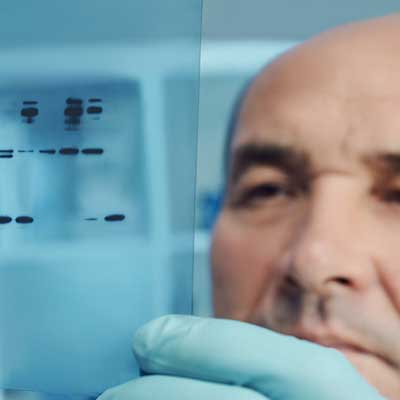Dr. Dino Prato of Envita Medical Centers Talks About the Future of Preventive Healthcare in Sheknows

With the goal to catch any health concerns before they turn into a bigger issue, multiple new innovations are emerging in the healthcare field. From preventive full-body MRIs to wearable devices for heart health and at-home tests for women's health, people now have access to various forms of preventive care, but how far to rely on which one has been a pertinent question.
Addressing questions like these, Dr. Dino Prato, Founder and CEO of Envita Medical Centers, says, “The key advantage to using a full-body MRI is the ability to see early cancer throughout the body and not just in one area.” These tests also use different technology than typical MRIs and do not involve radiation, he says.
The team at Envita Medical Centers specializes in the personalized precision integrative oncology approach, which combines the latest in conventional medicines with advanced natural therapies. Dr. Prato and his team at Envita focus on early detection of cancers and their signs of metastatic spread because early interventions can enhance outcomes as well as drastically reduce healthcare costs.
While full-body MRIs can help in early detection of cancers, the accuracy of its results depends on radiologists' proficiency. These super detailed MRIs, depending on the radiologist's interpretation of some of the images, can in some cases result in a false positive, and that can add extra stress for the patient, says Dr. Prato. Not to mention, these types of scans are not yet covered by insurance and can cost a few thousand dollars. However, they may become more accessible for primary care doctors and radiologists to use in the future. To know more about full-body MRI and other preventive care options, read this article on “The Future of Preventive Healthcare Is Here: 5 New Frontiers Redefining Proactive Care."
* The 3rd party actuarial response data is based on an analysis 87 out of 129 patients that participated in Envita's Treatment Program in 2020. 42 patients were removed from the cohort due to the patients' inability to start or complete Envita's prescribed treatment for a variety of reasons, including advanced disease state, disease progression or inability to travel.















